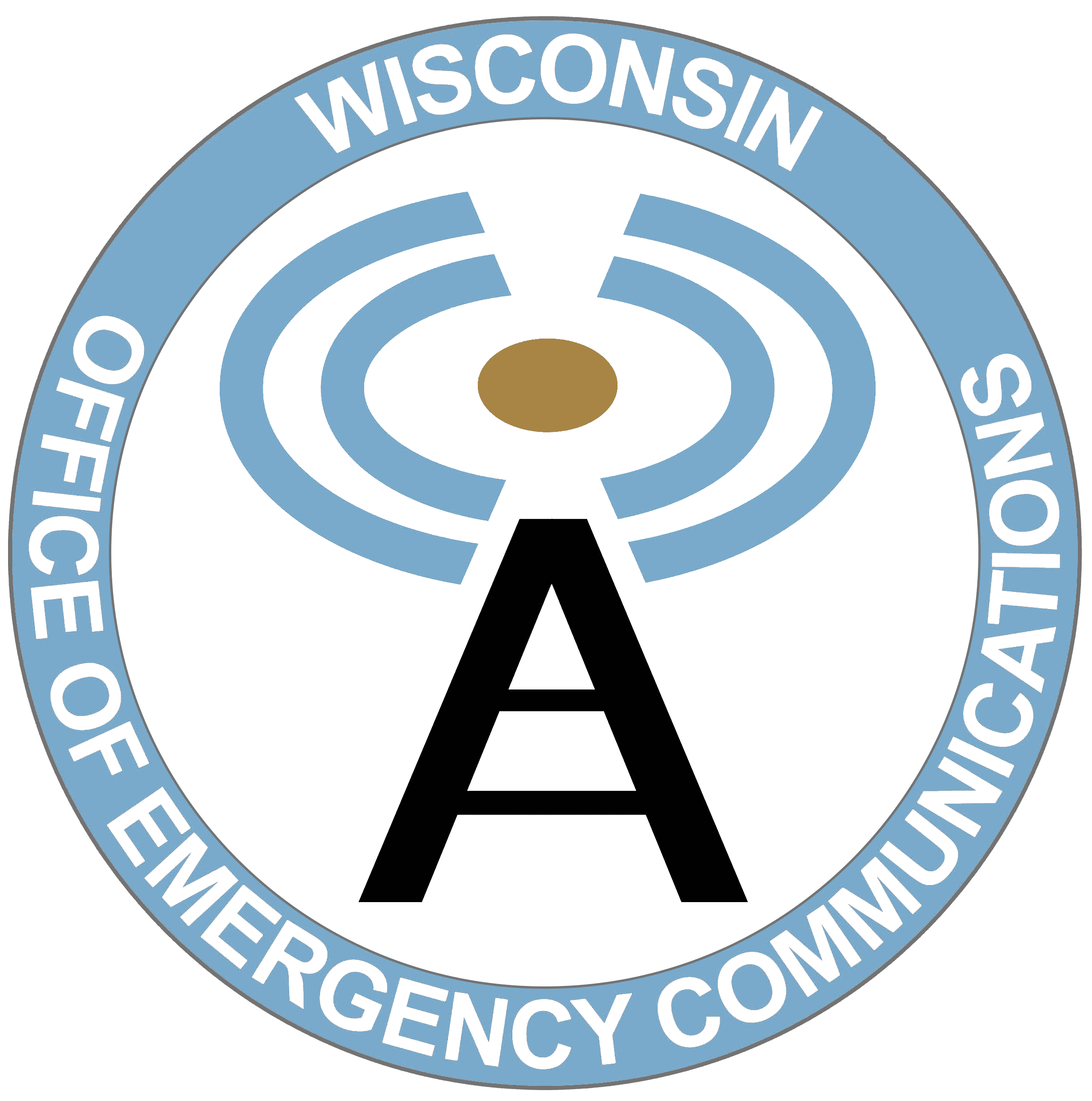No.
You should really read the RFP. It's understandable to be concerned about wasteful spending, but when the documentation provided clearly shows justification for their decisions and you just choose not to read it, that's just laziness and disrespectful to those who are trying to make Wisconsin a little bit better.
Here's a hint.... your answer is spread out in more than one file.
By your tone you must have misunderstood my position. I am in no way against a replacement system. I am against the use of a UHF system statewide. I am all for a system that is tailored to the users it will need to serve. If that means changing some of the sites from a VHF only site to a UHF site, then by all means I'm for that. I am against making the system UHF only throughout the state because that will require more sites in rural forested counties. One of the objectives of this proposal is to increase coverage. I don't believe that will be possible without a large amount of additional sites in forested counties if the system must be UHF only.
I have read as much of the proposal as I can with my limited time and with my limited knowledge. I am by no means an expert. I do not see where it allows the proposed bid to utilize VHF repeaters other than for the four statewide conventional interop frequencies currently in use. That is why I asked you to provide a citation where it covers my concerns. Appendix E has a map of sites and if I understand it correctly, it is showing existing sites as well as future sites that would be UHF. But I don't see where the existing sites that are VHF would stay that way. I also do not see justification for why the proposal requires the system to be UHF statewide. The only thing I see that mentions why they would want to go away from VHF was a mention of a high noise floor. I don't doubt that in urban areas the noise floor is much higher on VHF as opposed to UHF, so if they decide to change some sites from VHF to UHF and are able to meet the increase in coverage... EXCELLENT. But that doesn't mean the noise floor on VHF is currently higher throughout the state.
I thought RR was a place to disseminate knowledge, but I guess if you want to just keep bashing me and claiming I'm lazy and disrespectful then OK you have a right to your opinion. I'm just asking for clarification of why I'm "digging a deeper hole".

 oec.wi.gov
oec.wi.gov

